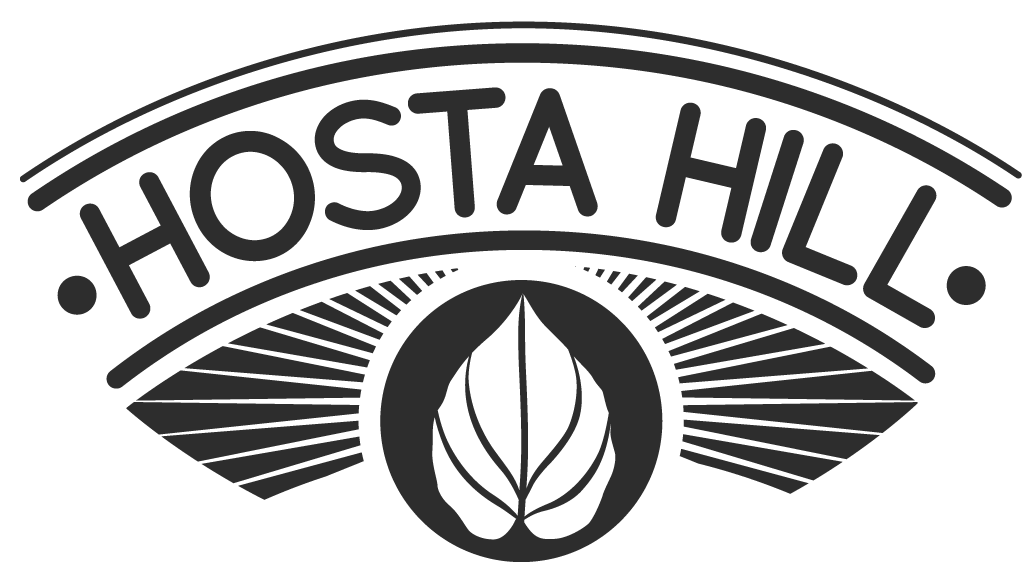Your guide to eating plant based foods high in iron!
Iron deficiency anemia (too little iron), is a common problem. Vegan and vegetarians can get plenty of iron in their diet from plant based foods - but did you know that the type of iron you consume differs from meat-eaters? Or that what you eat it with can dramatically impact your ability to absorb this necessary mineral? Read on for what you need to know about plant based foods high in iron and how to get the most from eating them!
Lacto-fermented foods like Hosta Hill’s kimchi and sauerkraut contain iron-rich vegetables naturally paired with vitamin C — a simple way to give your body a nutritious boost, plus live cultures!
Visit our online store to see the delicious, nutritious wild fermented foods we have on offer today!
And while you wait for your order to arrive, you can read up on iron-rich foods (and how to get the most out of them) here!
All about iron
Iron is an essential element for blood production. What’s more, we need it to transport oxygen through our bodies via our blood cells and muscle tissues. Iron is found in every cell of the body.
Many factors affect the amount of iron your body can absorb from food. Your body’s need for iron is key: more is absorbed when you’re low on iron, and less is absorbed when your stores are full.
Heme iron is contained in animal products. It makes up 40 percent of the iron in meat. The other 60 percent of the iron in animal tissue and all of the iron in plants is non-heme iron. So if you only eat plant based foods you only have access to non-heme iron in your diet.
Non-heme iron is not as efficiently absorbed by the body, so you may need a little help. Read on for more about that! But the good news is that vegetarians do not have a higher incidence of iron deficiency than omnivores.
Plant based foods high in iron
Dried beans and green leafy vegetables are amazing sources of iron, even better per calorie than meat.
More examples of high iron vegetarian foods include:
Spinach
Sweet potatoes
Peas
Broccoli
Collards
Kale
Chard
Tomatoes
Strawberries
Watermelon
Raisins
Dates
Figs
Prunes
Tofu
Lentils
Molasses
And many grains and cereals, especially fortified products!
Vitamin C for iron absorption
Vitamin C dramatically increases iron absorption! You should be pairing plant based foods high in iron with foods high in vitamin C in order to get the most of those high iron plants! Some foods do it for you. For example, broccoli and bok choi are naturally high in iron and vitamin C. The same is true of our delicious ferments, like kimchi and sauerkraut!
Good sources of vitamin C include many foods that may already be your kitchen staples:
Red or green bell pepper
Broccoli
Cabbage
Brussels Sprouts
Tomatoes
Chard
Kiwi
Oranges
Strawberries
Pineapple
Grapefruit
Cantaloupe
Papaya
Fermented foods and iron
Fermented foods like kimchi and sauerkraut contain iron-rich vegetables naturally paired with vitamin C. But the process of lacto-fermentation may take that farther, to increase the bioavailability of iron in fermented plant foods!
Bioavailability describes the amount of nutrients in your food that are able to be processed by your body. Numerous scientific studies suggest that fermentation can actually unlock the nutrients in foods (including iron!) and help your body to better absorb them!
Take advantage of this nutritious food magic! Order your delicious fermented veggies from Hosta Hill online or buy them locally today.
Sources:
Image by Tomáš Dohnal from Pixabay

